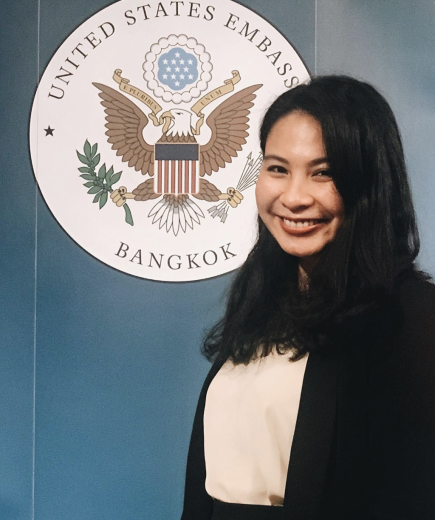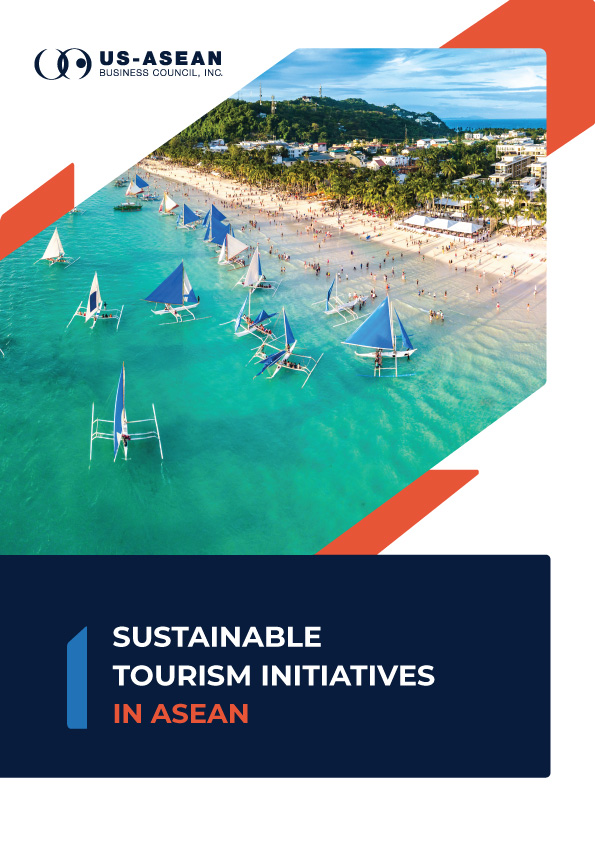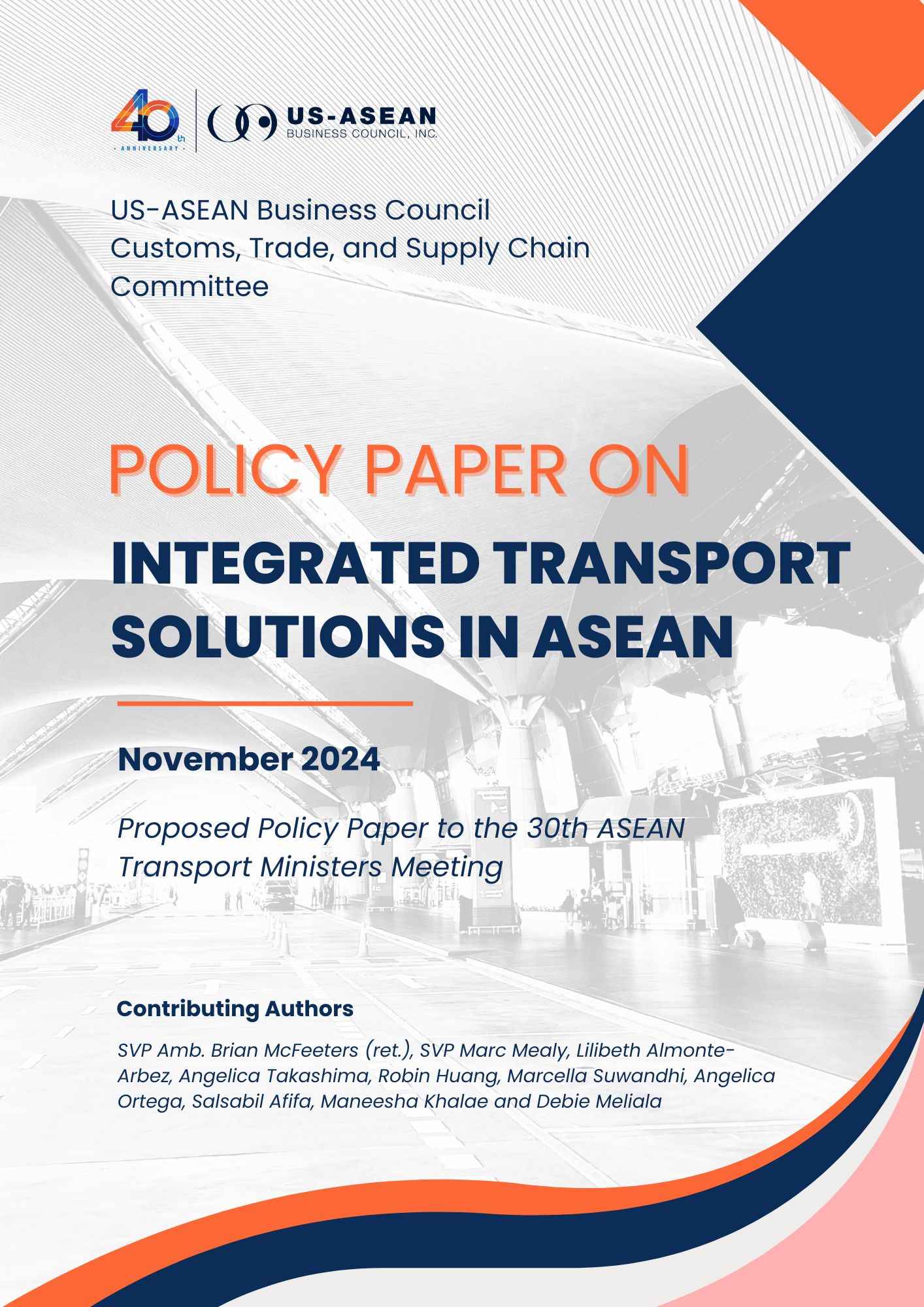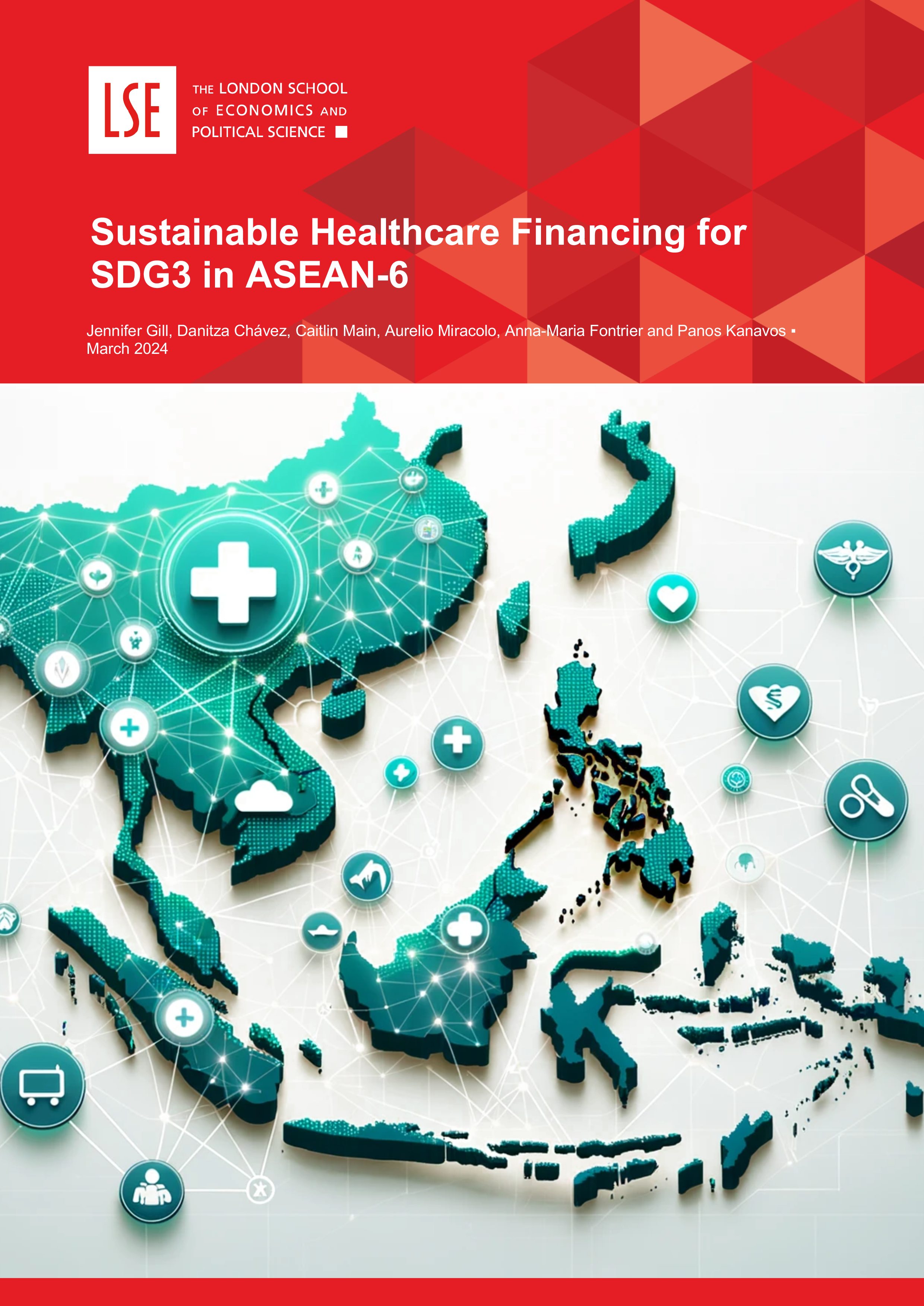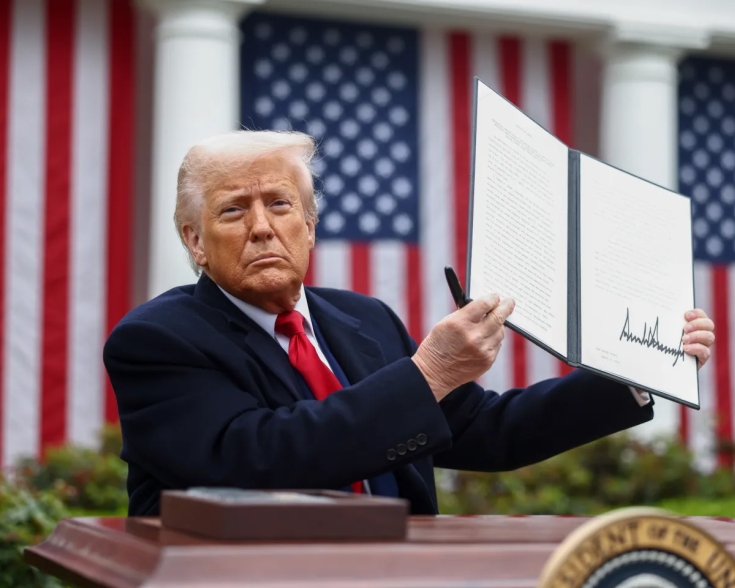Southeast Asia taps into Halal tourism
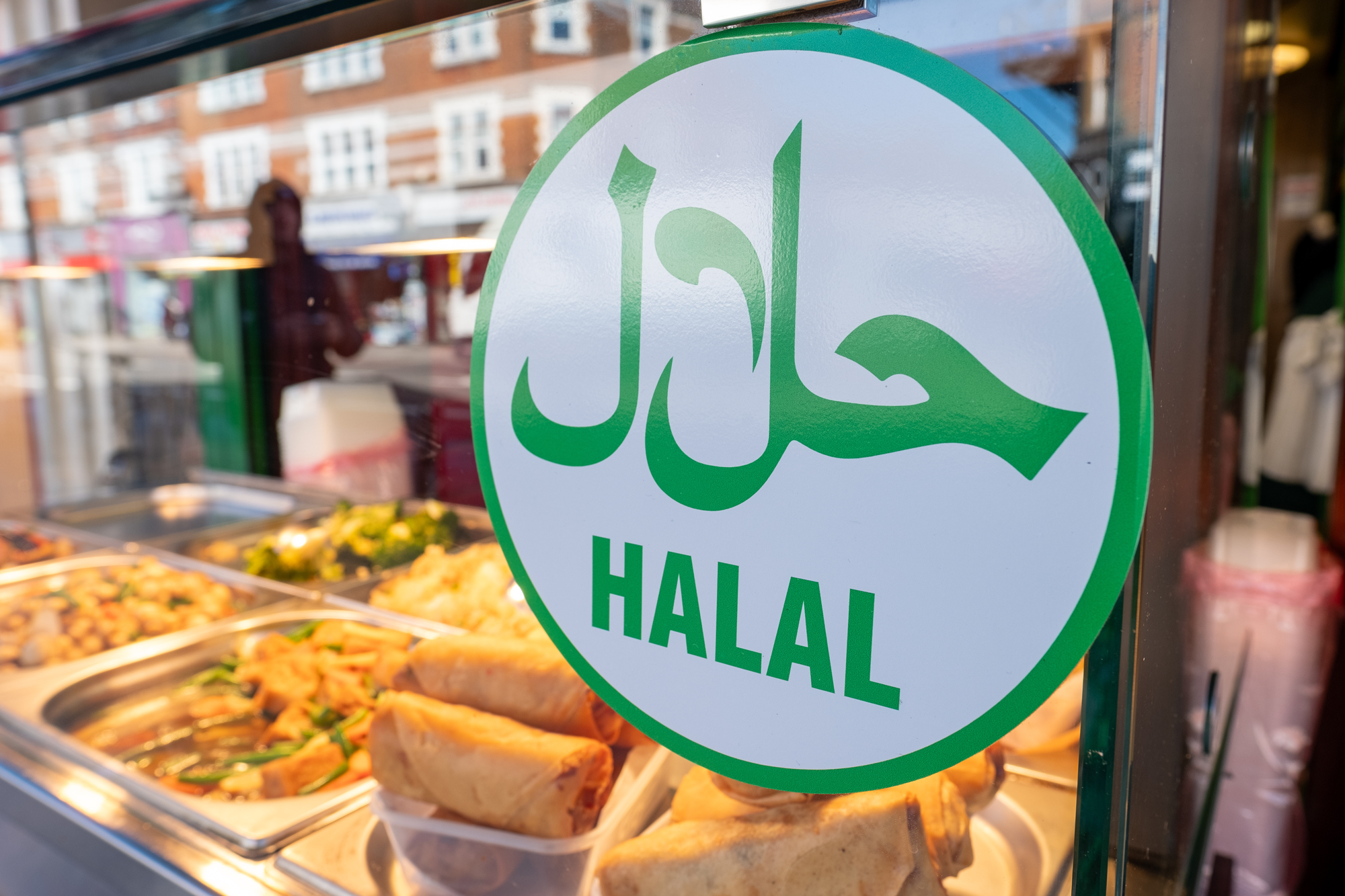
Recent statistics from the Vietnam National Authority of Tourism show that the number of Muslim tourists visiting Vietnam has increased remarkably in recent years, especially from India, Singapore, and Indonesia. To continue this trend, Vietnam’s tourism authorities and businesses are working to better cater to the specific and unique demands of Muslim travelers, including halal certifications and designated prayer areas.
Similarly, the Department of Tourism (DoT) Philippines is working to attract 100,000 annual arrivals from Indonesia, up from 80,000 arrivals pre-pandemic, by highlighting Muslim-friendly features. In September, the DoT rolled out a Muslim Friendly Standard Guideline that pushes for Muslim-friendly accommodation, travel, and culinary tourism. As of April, the DoT recognized 289 halal-certified or Muslim-friendly accommodation establishments in the Philippines and aimed to accredit at least 50 more halal restaurants. The development of Halal Tourism has become a priority in the Philippines National Tourism Development Plan (NTDP) 2023-2028.
In Indonesia, the Tourism and Creative Economy Ministry is expanding mosque-based halal tourism. In March, the Ministry’s “Proud to Travel in Indonesia” campaign launched an e-catalog that contains information on 230 mosques in 13 provinces across Indonesia. Meanwhile, Thailand and Malaysia aim to attract more high-spending Muslim tourists, with Malaysia exploring luxury package offerings.
Halal tourism may play a role in increasing ASEAN’s intra-regional travel, which is a key initiative to revitalize the tourism industry after the Covid-19 pandemic. Southeast Asia is well positioned to tap into the Muslim tourism market, which has a projected spending value of up to US$341.1 billion per year by 2030. According to the Global Muslim Travel Index 2023, Indonesia and Malaysia are top destinations for Muslim travelers, with several Southeast Asian nations following closely behind.


